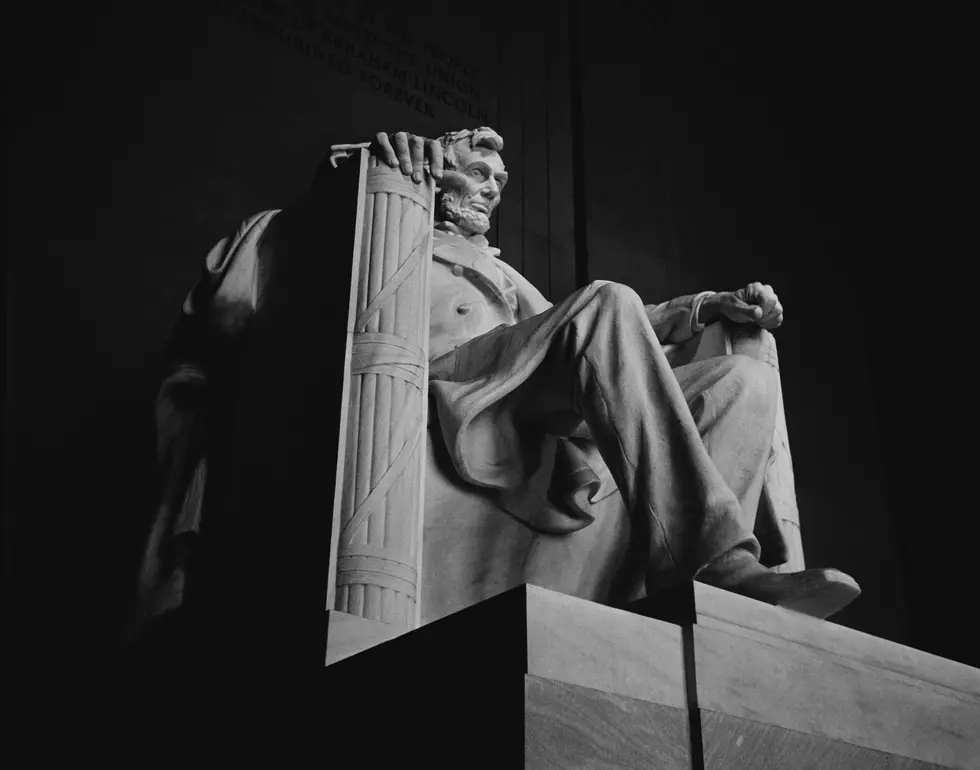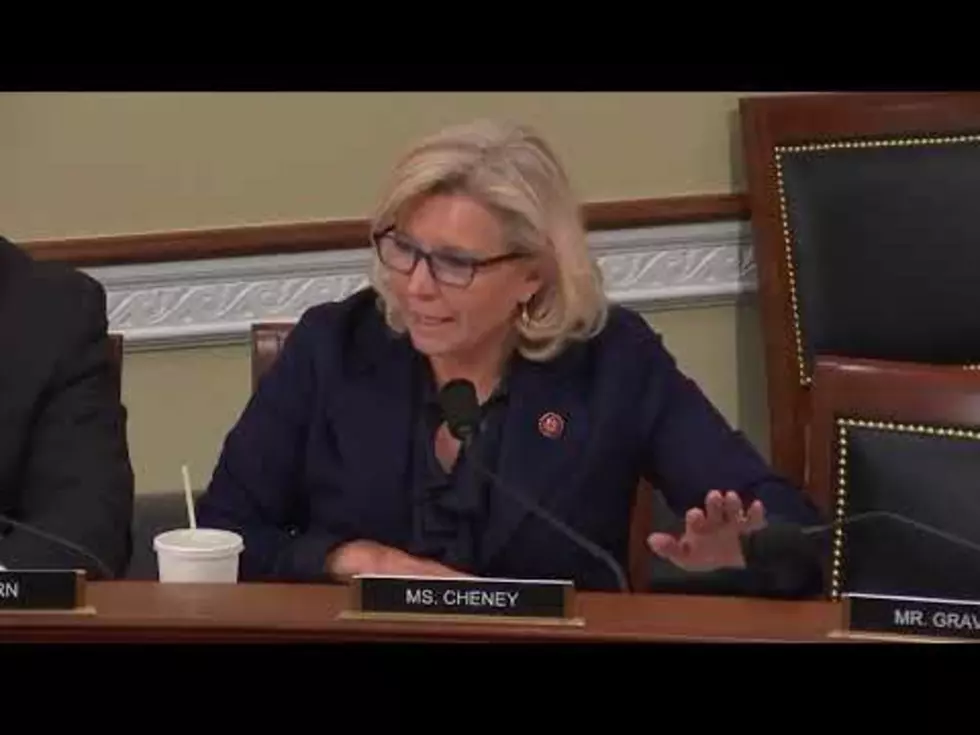
The First Amendment Beats ObamaCare (Again)
On Friday, a panel of the D.C. Circuit Court of Appeals reversed the denial of preliminary injunction in the case Gilardi v. Dep’t of Health and Human Services (HHS). This represents another victory for religious freedom against part of ObamaCare, a HHS regulation requiring certain employers provide insurance covering all U.S. Food and Drug Administration-approved contraceptives. Hobby Lobby recently won a similar challenge in the Tenth Circuit Court of Appeals.
Brothers Francis and Philip Gilardi own Freshway Foods and Freshway Logistics, which are both closely held corporations. The two companies employ about 400 people total and provide health insurance for them through a self-insured health plan. The court describes the Gilardis’ dilemma: “As adherents of the Catholic faith, the Gilardis oppose contraception, sterilization, and abortion. Accordingly, the two brothers—exercising their powers as owners and company executives—excluded coverage of products and services falling under these categories.”
In order to continue providing health care without contraception coverage under the HHS regulation, the Gilardis’ companies would have to pay a fine of $100 per day per employee, amounting to around $14 million per year.
The Gilardis filed suit under both the First Amendment and the Religious Freedom Restoration Act (RFRA). They claimed their companies could express religious beliefs and they, as individual owners, could express their religious beliefs through their companies as well. Unlike the Hobby Lobby case, the judges declined to rule on whether Freshway Foods and Freshway Logistics could exercise religion as corporations.
However, the panel ruled, the Gilardis certainly qualified for both standing under the RFRA and its protections:
They can either abide by the sacred tenets of their faith, pay a penalty of over $14 million, and cripple the companies they have spent a lifetime building, or they become complicit in a grave moral wrong. If that is not “substantial pressure on an adherent to modify his behavior and to violate his beliefs,” we fail to see how the standard could be met.
For First Amendment and RFRA purposes, once a burden on the free exercise of religion is established, the challenged law must survive strict scrutiny; that is, the government must show the law is narrowly tailored to serve a compelling governmental interest. The ruling makes quick work of this, noting the government’s arguments provide no compelling interest and do not show the law is narrowly tailored. For example, the court notes the law already exempts companies with less-than 50 employees from the employer-mandate, which negates the idea that it actually serves a compelling interest since it does not have to apply to most Americans.
Although they reach the same conclusion differently, Gilardi and Hobby Lobby are strong decisions. Religious freedom is not the specific focus of our free speech efforts here at WyLiberty, but the efforts of the government to compartmentalize the First Amendment are as chilling for the free exercise of religion as they are for political speech. These cases illustrate this compartmentalizing starkly; one is free to practice religion, just not in running a business. This goes toward a larger message we’ve heard even here in Wyoming that our faiths end at the doors of our houses of worship. To this I can only say—as does the Gilardi opinion—that “faith without works is dead.”
This case also shows yet again that the Obamacare mess is not free to run its course following NFIB v. Sebelius. As the law continues to hurt the liberty of businesses and individuals, the legal backlash will continue.
More From KGAB




![How Wyoming taxpayers dodged a bullet [OPINION]](http://townsquare.media/site/99/files/2019/04/gettyimages-150755757-594x594-2.jpg?w=980&q=75)

![Miller Moths Invade Cheyenne [PHOTOS, VIDEO]](http://townsquare.media/site/99/files/2018/06/miller-moth.jpg?w=980&q=75)
![Wyoming Needs More Human Clocks Displaying Beauty of State [Commentary]](http://townsquare.media/site/99/files/2017/05/77248291.jpg?w=980&q=75)

